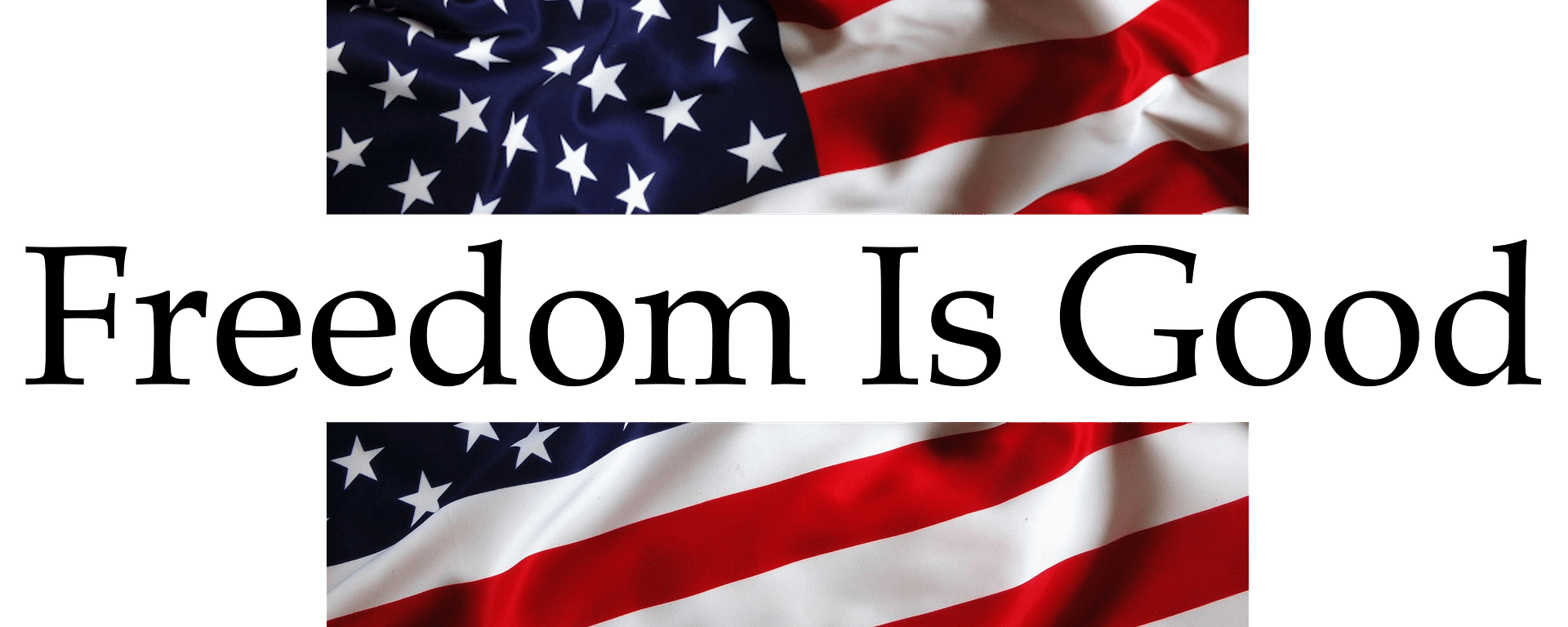Too Big to Fail
Too Big to Fail
by Julie Ponesse at Brownstone Institute

[The following is an excerpt from Julie Ponesse’s book, Our Last Innocent Moment.]
When you read God’s response at the climax of the Babel story, it might seem like a bit of an overreaction. He spread the Babylonians across the whole earth just for building a tower in the desert? Was it really that wrong to use their ingenuity in this way? Did God feel threatened by the tower, itself, or by their resourcefulness?
That’s not likely if you believe the God of Genesis is omnipotent and, therefore, incapable of insecurity or jealousy. What’s more likely is that Babel is a cautionary tale about the consequences of idolizing our intellect. It wasn’t the tower, itself, that was a problem. We learn in the previous chapter in Genesis that Nimrod “began to be mighty in the earth” (10:8-9). The Babylonians wanted to make a tower as tall as humanly possible, or more accurately, inhumanly possible. They built the tower to see what they could do, maybe even to make a name for themselves. Like the Greek Gigantes trying to reach the heavens, the problem was thinking they could interface with the heavens by their powers alone. “[N]othing that they propose to do will now be impossible for them” (11:6) foreshadows innovations far grander than a brick tower.
Thousands of years later, this arrogance culminated in the invincibility mantra “too big to fail,” a term made popular by US Congressman Steward McKinney in 1984. McKinney worried that the failure of our largest institutions would be so disastrous to the greater economic system that they should be supported by government when they face failure. The idea was not that these corporations are so big they cannot, as a matter of fact, fail but that our reliance on them means that we ought to do what we can to prevent their failure. Of course, Alan Greenspan famously objected, “If they’re too big to fail, they’re too big.” But the idea had already taken hold.
Babel wasn’t just a tower but an idea. And it wasn’t just an idea of expansion and improvement; it was an idea of perfection and transcendence. It was an idea so lofty that it had to fail because it was no longer human. The Babylonians thought they could dissolve the distinction between heaven and earth, mortal and immortal, the transcendent and the mundane.
When it came to diagnosing the problem with the Covid shots, it’s interesting that Heather Heying locates the problem not so much in our attempt to control a virus; the problem, she says, is that we had the audacity to think that our attempts to do so would be infallible. In a lovely email correspondence we had in November 2023, Heather graciously elaborated on her original idea. She wrote:
Humans have been trying to control nature since we have been human; in many cases we have even met with moderate success. But our arrogance always seems to get in the way. The Covid shots were one such attempt. The attempt to control SARS-CoV-2 may well have been an honest one, but the inventors of the shots ran into serious problems when they imagined themselves infallible. The solution was deeply flawed, and the rest of us weren’t allowed to notice.
The problem with the shots, in Heying’s mind, is the nature of the idea. And it is an idea that allowed for no caution, no questioning, and certainly no dissension.
Like the Covid shots that were made possible by the development of a new technology, it’s interesting to me that it was also a significant technical advancement that allowed the Babylonians even to consider building their tower. The Babylonians had figured out how to make kiln-fired bricks whereas, in nearby Palestine, only sun-dried bricks had been used, typically with stone for the foundations: “Come, let us make bricks, and burn them thoroughly.”
Whether on the plains of Shirah or in a lab in Marburg, every so often faith in human technology outpaces our ability to focus and mold it. The “We can, so we will” attitude barrels us ahead without the guidance of whether “We should.” And amidst it all, existentially and subconsciously, we toy with the idea of doing without something outside of, or greater than, ourselves. (I’ll return to the idea of transcendence a little later.)
Too Big to Fail
by Julie Ponesse at Brownstone Institute – Daily Economics, Policy, Public Health, Society
